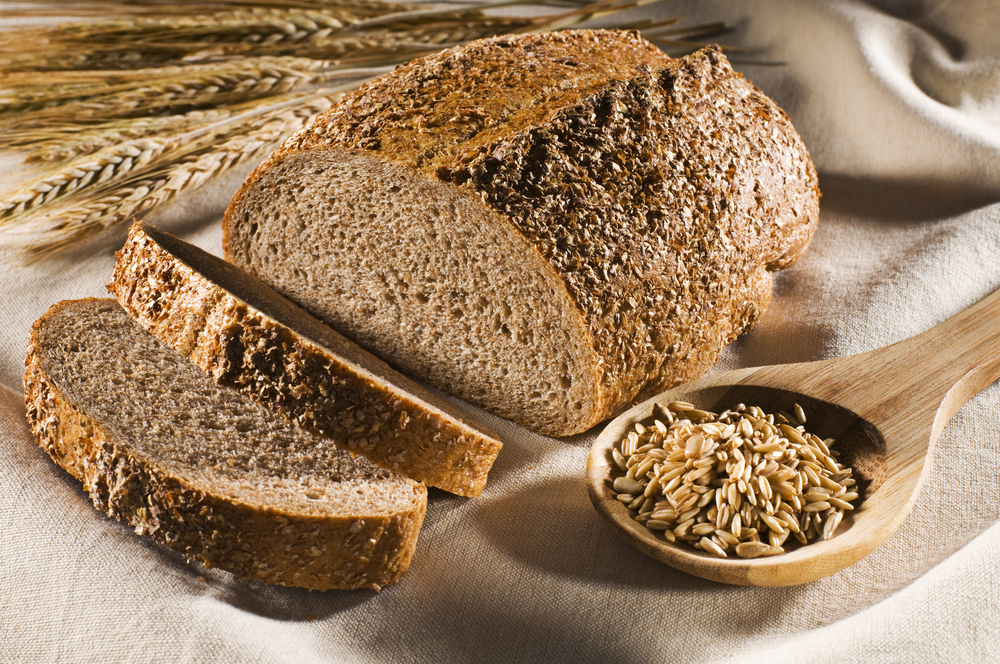The Whole Truth About Whole Grains

An old high school friend of mine was in town for the weekend, and I was glad to be able to spend some time catching up.
I cooked a nice balanced meal for her to enjoy with me and my family. It was really a great night. But after the plates were cleared, she remarked that she didn't expect to see such a large helping of brown rice on every plate.
I wasn't surprised. I know how confused we all are about carbohydrates, and I also know why.
In the 1970s, Dr. Robert Atkins waged war on carbohydrates, advocating a high-protein, no-carb diet for optimal health and weight loss. Millions jumped on board and sent carbohydrates packing, and the carb's reputation hasn't been the same since.
But, the American Heart Association (AHA) warns that a low-carb diet may not be a healthy diet, stating on its website that "diets low in carbohydrates are likely to lack sufficient amounts of essential nutrients." If you're following a carb restricted diet, you might not be getting enough vitamins, minerals and fiber for optimal health.
That's why the AHA and the U.S. Department of Agriculture recommend including whole grains in your daily diet. But, don't go running to the cookie jar just yet. These aren't just any carbohydrates we're talking about — these are the healthy foods that are low in saturated fat, trans fat and cholesterol.
If you're concerned about gaining weight, you might still be thinking about the wrong kind of carbohydrates. Sugar is a carbohydrate, but no one is advocating adding more sugar to your diet. On the other hand, whole grains such as rice are a welcome addition.
Get the world’s most fascinating discoveries delivered straight to your inbox.
A Tufts University study this year showed that children and adults who eat rice regularly consume significantly more iron, potassium, B vitamins (including folate), vitamin D, phosphorous, magnesium, copper and zinc. These people also consumed a lower percentage of calories from fat than the study participants who didn't eat rice regularly. It's important to note that this study was funded by the Rice Foundation, but it does support the dietary advice given by the AHA and USDA.
Brown rice and wild rice are complete, whole grain foods, but rice isn't the only whole grain you should consider. Actually, keeping to just one whole grain would be boring and unnecessary. There are many nutritious whole grains that you can add to your diet.
Here are just a few:
- Quinoa: Quinoa is the grain that isn't really a grain. It's actually a seed, but it contains a lot of the same nutrients as grains, including fiber, phosphorous, magnesium and iron.
- Old-fashioned rolled oats: These make for a quick breakfast that's packed with fiber and B vitamins.
- Rye bread: Rye is a good replacement for white bread because it's very high in fiber, and contains very little fat.
Healthy Bites appears on MyHealthNewsDaily on Wednesdays. Deborah Herlax Enos is a certified nutritionist and a health coach and weight loss expert in the Seattle area with more than 20 years of experience. Read more tips on her blog, Health in a Hurry!


